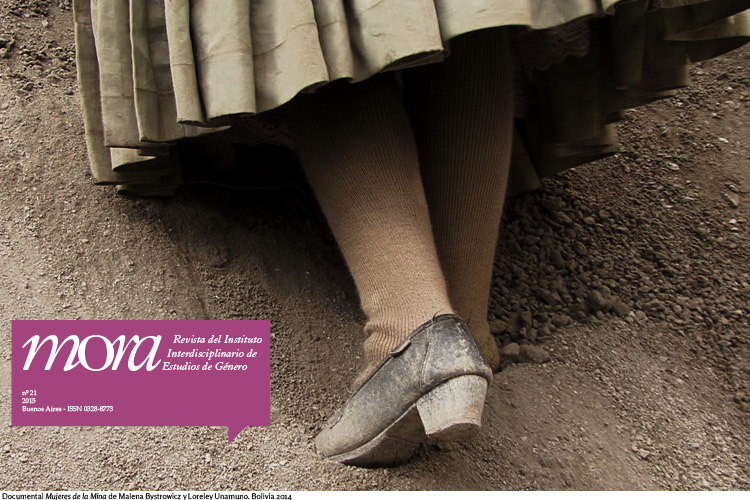Giro afectivo y reparación testimonial: El caso de la violencia sexual en los juicios por crímenes de lesa humanidad
Keywords:
sexual violence, affects, agency, crimes against humanity trials, testimony, victimhood
Abstract
The concept of victimization has been traditionally analyzed in radical opposition to that of agency: the passiveness of wounds vis-à-vis the power of action. It is the purpose of this paper to challenge such dichotomy —particularly in the context of its relevance within the gender theory— through the analysis of the role played by testimonies given during the Argentine trials on sexual violence, as crimes against humanity perpetrated during the last dictatorship. Specifically, it questions the usual approach which sees in these testimonies a path to re-victimization, since understand-ing that such perspective is based on a number of dichotomies that are highly arguable. We propose is to analyze this issue considering the role of the affects involved, and one in particular which is frequently stigmatized: shame. For such purposes we have used the concept of affects as presented by authors such as Sedgwick, Ahmed and Ngai, that is, under the certainty that affects refer both to body and mind, involving both passions and actions. The particular subject of analysis are so called “meta-tes-timonies” in reference to what victims say or in any way express with respect to the same act of rendering testimony.Downloads
Download data is not yet available.
How to Cite
Macón, C. (1). Giro afectivo y reparación testimonial: El caso de la violencia sexual en los juicios por crímenes de lesa humanidad. Mora, (21), 63-87. https://doi.org/10.34096/mora.n21.2399
Issue
Section
Artículos





1.png)




